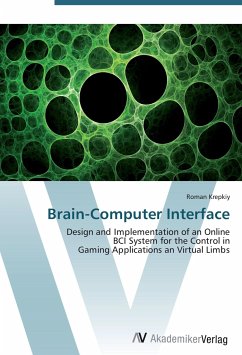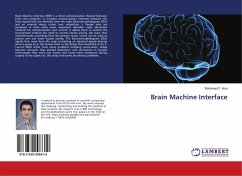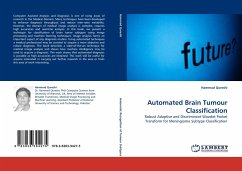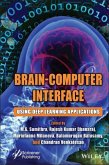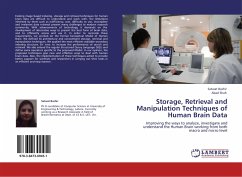Revision with unchanged content. This book aims to describe work carried out within the project "Brain- Computer Interface" (BCI). Control over a computer application will be represented with "Brain-Gaming", i.e. computer games like Ping-Pong, Pacman or Tetris. For this purpose, several control strategies were developed, implemented and proved experimentally in different scenarios. The most important aspect of the design and development of these interfaces turned out to be their flexibility. Control over a device could include the steering and moving of a wheel-chair for paralyzed patients or the gaining of control over an arm or foot prosthesis for patients with amputated limbs. Latter was realized here as a computer-based simulation of a virtual arm, such that it can be tested in future experiments on patients with amputated limbs. In contrast to the "Brain-Gaming" experiments, where the player was equipped with an additional communication channel, the experiments with patientsdid not require an ultra-fast recognition of the intended movement; i.e. the command signal for a simulated movement can be recognized after the phantom movement is initialized and performed.
Hinweis: Dieser Artikel kann nur an eine deutsche Lieferadresse ausgeliefert werden.
Hinweis: Dieser Artikel kann nur an eine deutsche Lieferadresse ausgeliefert werden.

